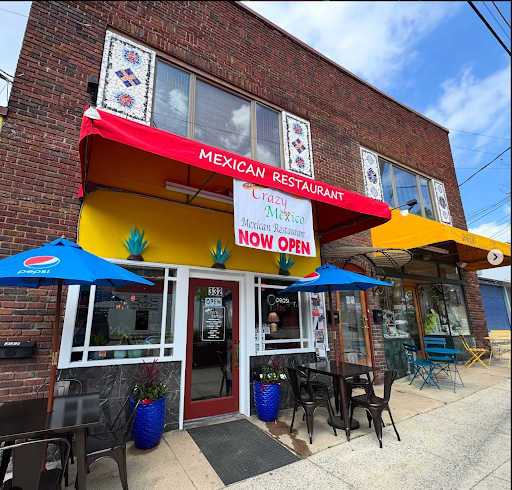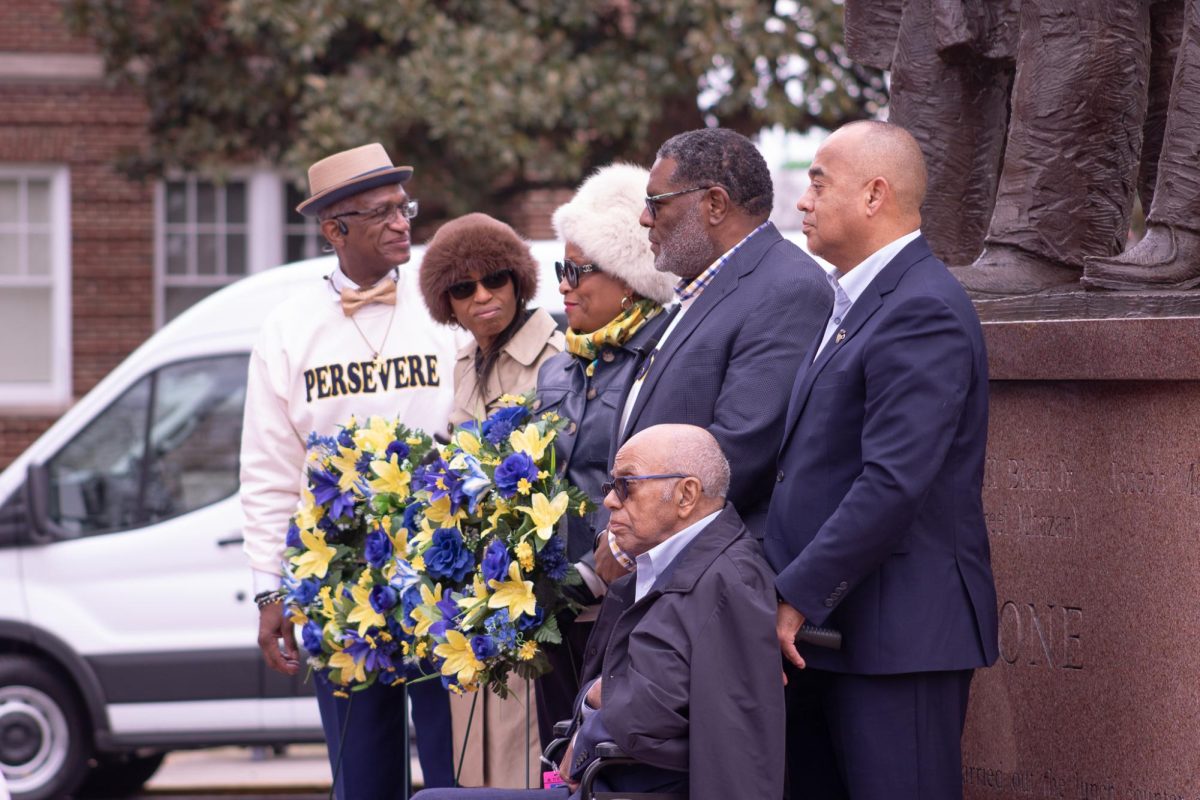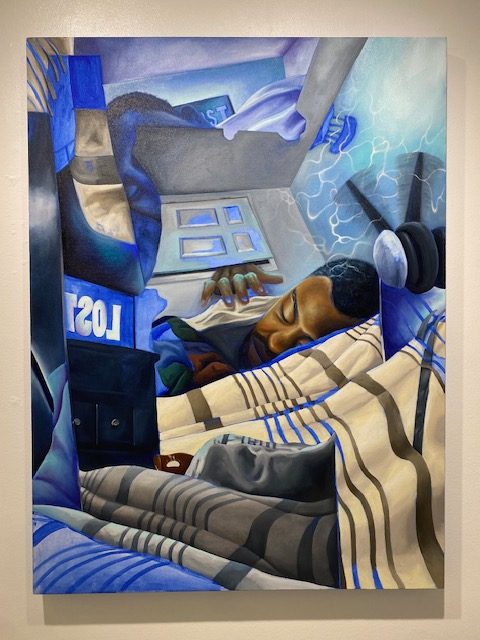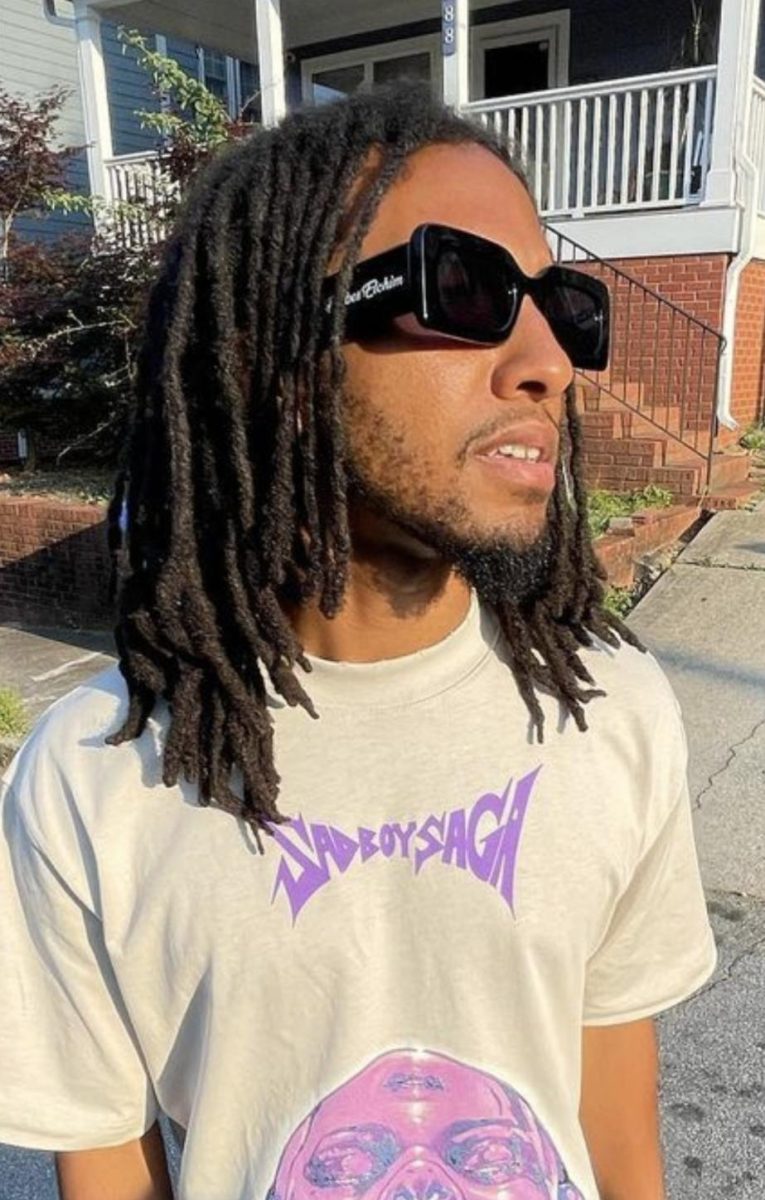A&T joined Hip-Hop Summit Action Network (HSAN) on Financial Empowerment “Get Your Money Right,” on Saturday, Sept. 8.
It was another hot Saturday in Greensboro when hip-hop celebrity icons arrived on the red carpet for the HSAN event. Hip-hop has a major influence on young Latino and black people when it comes to wanting expensive material items.
Explaining how to manage their finances before students go off to buy the next pair of hot new sneakers is a given.
Russell Simmons has his finances in gear with being the co-founder, along with Rick Rubin, of the hip-hop label Def Jam, founder of another label, Russell Simmons Music Group and creator of the clothing fashion line Phat Farm but it wasn’t always like that for him.
Simmons, the co-chairman of the HSAN described how he managed his first check from Def Jam Records. “Poorly, I made some mistakes”, he said.
Simmons blamed a lot of his financial illiteracy on schools that are not spreading the word on handling finances and children not learning their parent’s strategies from the home.
Howard Jones, CEO and founder of Wilson OIC agrees with Russell Simmons on the urban youth not having financial literacy exposure.
“We haven’t been exposed to the language of managing money”, he said.
9th Wonder, a producer, who is also a professor of hip-hop at North Carolina Central, chimed in about how he handled his finances.
“It was rough; I was working at a smoothie shop and did beats for Jay-Z”, said the producer who produced Erykah Badu’s next single.
His helpful advice is to get an accountant, don’t rent and invest in mutual funds and be aware of the IRS.
One of the Canadian hip-hop artists whose albums made platinum were also there and were discussing the reasons why they were participating in the cause for financial empowerment.
“I don’t believe in race, we’re all one when it comes to how the system works and some celebrities aren’t good role models when it comes to managing money that people look up to,” he said.
Belly, a Canadian rapper of Palestinian descent, believes in giving back to the community and having the right investments. He also feels that integrating hip-hop into the summit will be a more effective way in reaching out to the young urban community. Other helpful advice from the hip-hop artists is to once again have an accountant, a financial advisor and people that you trust around you to assist with your finances. Make sure you don’t spend all the money when you receive your check and take out 10 or 15 percent in savings or investments.
Prior to the red carpet was the actual summit event. The panelists consisted of Simmons along with Dr. Benjamin Chavis, Anthony Hamilton, Belly, Terrance J, Rosci, Mike Jones, Jim Jones,, 9th Wonder and U.S. Reps., Mel Watt and G.K. Butterfield.
Everybody from the audience grabbed their pen and paper and jotted down helpful notes that will benefit their personal credit in the future.
BET 106 & Park’s Rosci, suggested that you should budget, save and to make sure you have life insurance.
With the images portrayed on BET from popular music artists, people tend to have the misconception that those entertainers are setting the standards of what it means to be wealthy.
The panelists encouraged the students to not let other people or celebrities determine wealth for them, and to set their own standards.
Credit cards, credit scores, rebuilding your credit, and FICO scores were another huge topic discussed. Students were insisted on keeping one credit card, making sure that they have a low credit score, and about 35 percent of their FICO score is based on late payments, delinquencies and bankruptcies.
Other helpful advice is to be disciplined, set your financial goals and watch what you spend it on. When you are secure with your finances this can be your opportunity to give back to the community.
“Take care of what we have in the community, and take care of what you have,” said Hamilton.
Another common strategy from the panelists was to have a strong faith. Whether it’s faith in God or your “higher self,” everyone seemed to set aside a thank you to their personal faith.
Students were very receptive to everything that was going on at the summit but, a few were concerned with some of the music artists who participate in the imagery of flashy cars, spinning rims, flashy jewelry and the display of loose cash portrayed in the media.
To some, they felt that the artists were sending mixed messages. That being cool and on top means you can show off your expensive material items but on other hand make sure you budget right.
College students and the majority of the urban youth do not have money like that to spend on flashy-material items. The infatuation of wanting to look like those rappers they see on TV contributes to black Americans being the number one consumers in the nation.
“Don’t let the media tell you that the reflection of the problem is the problem,” said Simmons.
Simmons also explained that the media never displays what those type of rappers are doing in the community. He made the example that he doesn’t see too many jazz artists or neo-soul singers giving back to the poor communities. A lot of the so-called rappers that are displaying “negative” images on the television screen are the ones making the difference in the black communities. Simmons encourages everyone to pay attention to that, rather then the videos. Terrance J also added in that people hold to much credit for the media and that most of it is an exaggeration of what is actually fact.
The HSAN was founded in 2001 and is for the cultural relevance of hip-hop music to serve as a catalyst for education, advocacy and other societal concerns fundamental to the empowerment of youth.
The network is a non-profit, non-partisan national coalition of hip-hop artists, entertainment industry leaders, education advocates, civil rights proponents and youth leaders united in the belief that hip-hop is an influential asset for the social change of being proactive on the war on poverty and injustice.






